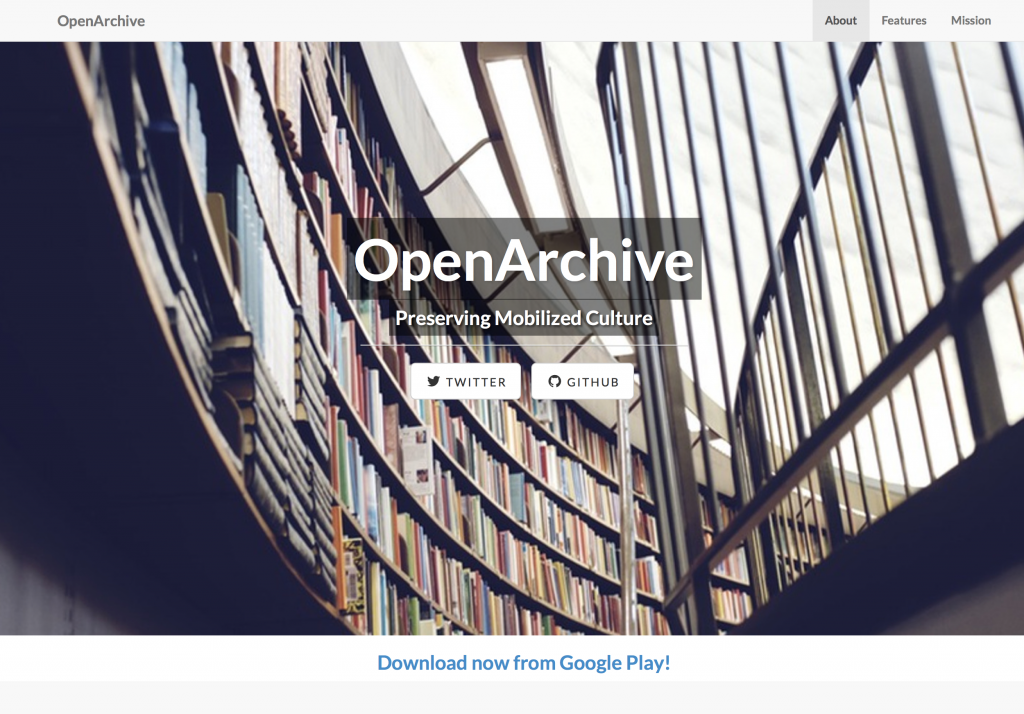The jobs of nearly 90% of garment and footwear workers in Cambodia and Vietnam are at risk from automated assembly lines – or “sewbots” – according to a new report from the International Labour Organisation (ILO).
CityPilot has taken a key early step towards fully autonomous public transportation: The Mercedes-Benz self-driving bus program saw one of its Future Bus vehicles drive 20 km (or around 12.4 miles) in the Netherlands, on a route that connected Amsterdam’s Schiphol airport with the nearby town of Haarlem. To make the trip, the bus had to stop at traffic lights, pass through tunnels, and navigate among pedestrians.
Source: Self-driving Mercedes-Benz bus takes a milestone 12-mile trip | TechCrunch
 It’s fairly obvious that VR and AR are going to be a big deal over the next couple of years, and if this is the sort of thing that big media is going to be producing for it, well…sign me up.
It’s fairly obvious that VR and AR are going to be a big deal over the next couple of years, and if this is the sort of thing that big media is going to be producing for it, well…sign me up.
“You are the visitor in this story that is happening in and around you, and to a certain extent you might even have some effect on,” Goyer said. “You can pick up things, you can open things. You can push things, you can walk. You can touch characters.” The film will also take place in a “persistent” world, that cycles through day and night, and continues to go on even after the “visitor” has gone through the story for the first time.
Source: Lucasfilm is making a virtual reality movie about Darth Vader | The Verge
“In just five years, the driverless experience will be activated by the touch of a button,” said Amnon Shashua, the chief technology officer of Mobileye.
Source: BMW promises fully driverless cars by 2021 – Jul. 1, 2016
Sony, Samsung, and Alphabet want to get right in your eyeballs. The tech firms have made public movements that appear to see contact lenses as one of the future interaction mediums. For taking pictures, video streaming, and measuring health signs, there may be solid reasoning behind sticking a computer in your eye.
Source: Sony, Samsung, and Alphabet Are Making Wearable Contact Lens Computers | Inverse
We have implemented an access platform that can support a wide variety of wireless network standards, from 2G and LTE to Wi-Fi access points. Anyone can customize the platform to meet their connectivity needs and set up the network of their choosing, in both rural and urban areas. For instance, the system, due to its on-board computing and storage capacity, can be configured as network-in-a-box or purely as a cellular access point.
Source: Introducing OpenCellular: An open source wireless access platform | Engineering Blog | Facebook Code
Here’s the slides from the panel I put together for the American Library Association Annual conference 2016 that featured Rebekkah Smith Aldrich, Ranti Junus, and Emily Clasper. Huge fun, really great response. Below the slides are a Storify of the tweets from the presentation…it’s a good representation of the discussion during our hour.
Thanks to the Knight Foundation for helping put this together!
OpenArchive
Sitting in the Internet Archive Great Room (see photo above for reference…yes, it’s in an old church….) I’m reminded that I never pushed out the link to the amazing new app that was created in part by my friend Nathan, available now for Android and coming soon for iOS that allows you to use the Internet Archive like your own personal Instagram:
and because Nathan and his group are awesome, the app is also open source:
and finally, direct link to the Google Play store for the app.
I’ve not seen an easier way to add photos to the Internet Archive directly than this app, and it’s got some really fantastic side benefits..the primary one being that it works transparently over Orbot if you’d like, so that uploads and connections can be driven over the Tor network without any extra effort on the user’s part.
UPDATE
The Guardian Project just posted their own announcement for the app. Their take on it is also timely since I’m spending this week at the Decentralized Web Summit:
We see this as a first step towards a more distributed, decentralized way of managing and sharing your personal media, and publishing it and synchronizing it to different places and people, in different ways.

